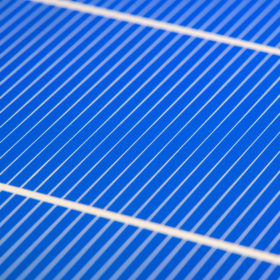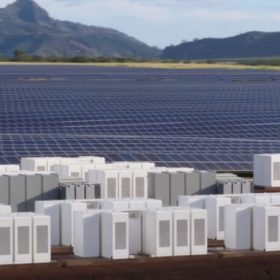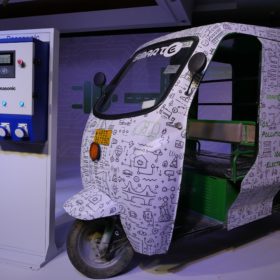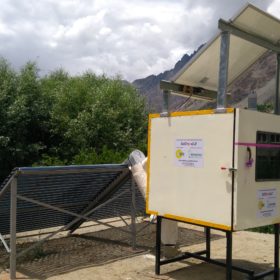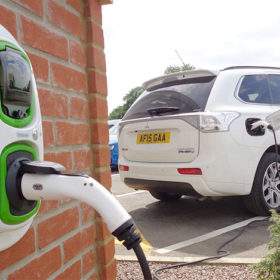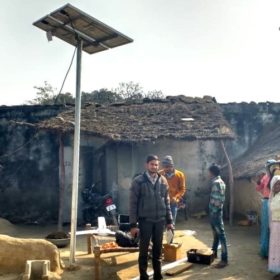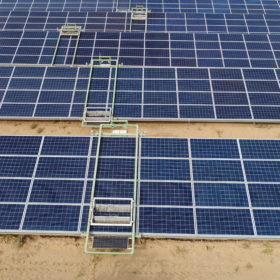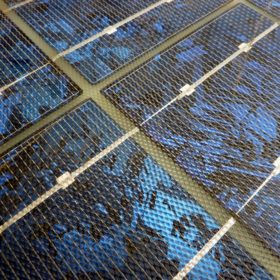Tamil Nadu discom halts renewable energy auctions
Tangedco’s reputation for late payments scared off developers in its latest two, failed tender exercises. The solution? Get government body SECI to hold the auctions, because everyone knows it pays on time!
Rajasthan Electronics & Instruments tenders 2.87W chip solar cells
Rajasthan Electronics & Instruments Limited, Jaipur has invited bids to supply 2.87W crystalline silicon solar cells. The quantity to be supplied is 450,000. The deadline for bid submission is May 24, and bids will open on May 25.
PV+storage opportunity looms in Asia-Pacific region: WoodMac
Solar-plus-storage could be competitive against gas peaking power plants in Australia within the next five years, as the average solar-plus-storage LCOE across the Asia-Pacific region is set to fall from $133/MWh this year to $101/MWh by 2023, according to a newly released research report.
Panasonic forays into India’s EV charging space
The company’s electric vehicle (EV) charging service combines physical components such as charging stations, swap stations and telematics systems, with virtual components like cloud service, analytics and artificial intelligence.
NISE amends solar dryer tender for Jammu and Kashmir
The National Institute of Solar Energy has invited bids to fabricate, supply, install and commission 800 solar dryer cum space heating systems in Jammu and Kashmir. The systems will be installed in the Leh and Kargil regions in a phased manner. The deadline for bid submissions is May 24, with technical bids opening on May 27.
EVs may account for more than half of global car sales by 2040: BNEF
Electric vehicles could account for more than half of all passenger cars and buses sold throughout the world within the next two decades, according to a new report by BloombergNEF. Sliding lithium-ion battery costs will make EVs cheaper than vehicles based on internal combustion engines by the mid- to late-2020s, the research firm says.
Off-grid solar plants can be connected to the grid, says MNRE
The Ministry of New and Renewable Energy (MNRE) has said that off-grid solar plants that have been installed under its own programmes can be connected to the grid in locations where net-metering provisions are in place.
Global cumulative PV capacity may reach 1.3 TW in 2023, SolarPower Europe says
The European solar trade body expects 128 GW of new PV capacity in 2019, with China likely to bring around 43 GW online and Europe experiencing enough demand to deploy about 20.4 GW. In 2020, global solar demand is expected to reach 144 GW, while in the following three years new PV additions are forecast to total 158 GW, 169 GW and 180 GW, respectively.
Rajasthan Electronics & Instruments floats solar cell tender
Rajasthan Electronics & Instruments Limited (REIL), Jaipur, has invited bids to supply 4.3 W and 4.5 W multicrystalline silicon solar cells. The deadline for submissions is June 4.
IHS Markit expects 4.3 GW of new storage this year
And the analyst expects that annual new additions figure to rise to 10.6 GW in 2025. This year the U.S. will surpass South Korea as the largest storage market due to new capacity for solar-plus-storage projects. In Japan and Australia, growth will be spurred by the termination of FIT programs.
